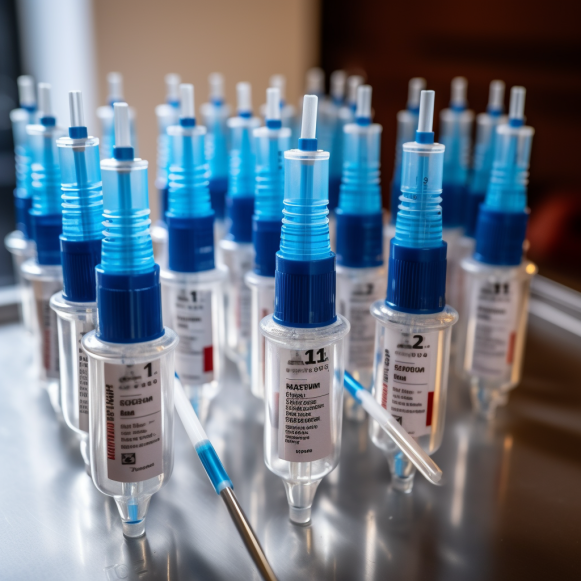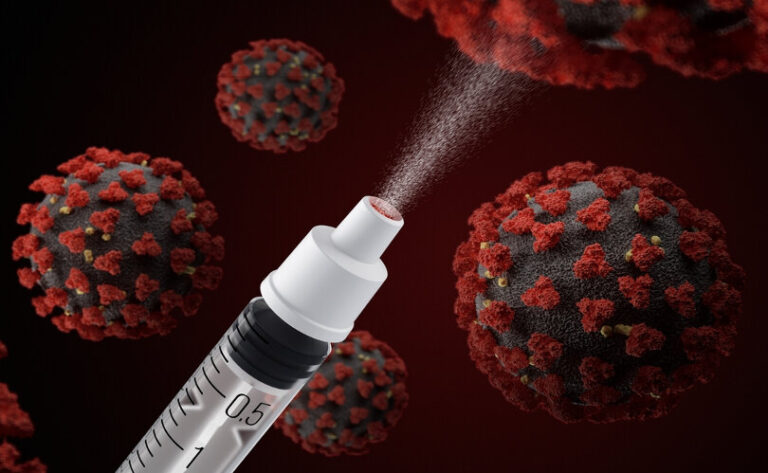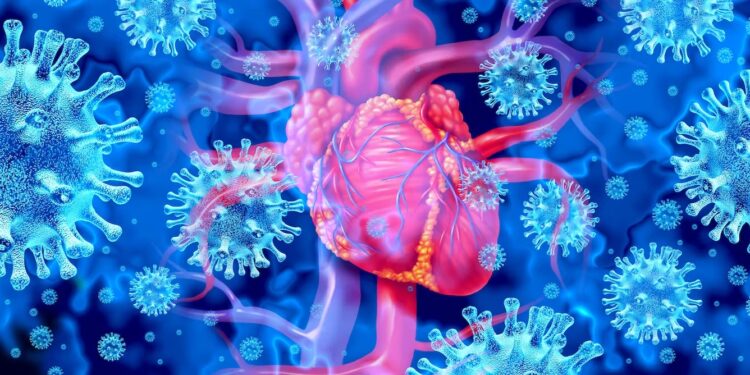Study Reveals Most Common Chronic Symptoms After COVID-19 Vaccination

Yale University study focused on people with self-reported symptoms.
A new study reveals some of the most common chronic symptoms among people who developed them after receiving the COVID-19 vaccine.
According to the researchers, the most common symptoms were exercise intolerance, excessive fatigue, numbness, brain fog, and neuropathy.
At least half of the participants in the study, which was partially funded by the National Institutes of Health (NIH), also reported insomnia, palpitations, myalgia, tinnitus, headache, burning sensations, and dizziness.
The median number of symptoms reported by participants was 22, with a maximum of 35.
The study focused on people “who report a severe, debilitating chronic condition following COVID-19 vaccination” that “began soon after COVID-19 vaccination and persisted in many people for a year or more,” according to the researchers.
Dr. Harlan Krumholz of the Yale School of Medicine’s Department of Internal Medicine and Yilun Wu of the Yale School of Public Health’s Department of Biostatistics led the study.
It was released as a preprint on November 10th, prior to peer review.
Methods
The paper is based on Yale’s Listen to Immune, Symptom, and Treatment Experiences Now (LISTEN) study, which looks at both long COVID and post-vaccine adverse events.
In May 2022, researchers began recruiting participants. Participants completed a survey, and researchers accessed their medical records.
From May 2022 to July 2023, adults who reported post-vaccination problems were included in the study. The 388 people who also reported long COVID, or lingering symptoms after COVID-19 infection, were excluded from the study. Another 146 people who did not complete the survey completely were also excluded.
The participants’ median age was 46, and 80 percent were female. Approximately 88 percent of the population lives in the United States.
According to the researchers, the study’s design makes it impossible to confirm causality. While they admitted that the chronic symptoms could have been caused by the vaccines, they also claimed that they could have been unrelated and caused by change, but they also stated that the clustering of symptoms soon after vaccination “suggests a potential relationship.”
The vaccines have been linked to heart inflammation, severe allergic shock, and Guillain-Barré Syndrome.
Other issues have been linked to vaccines by some, but are not as widely recognized as confirmed side effects.
The symptoms could be excruciatingly painful. When asked how bad their symptoms were on their worst days, participants reported a median of 80 on a scale of 100.
Lingering Symptoms
In the week preceding the survey, 93 percent of participants reported feeling uneasy at least once.
More than eight out of ten people said they were afraid, and 81% said they were overwhelmed by worries.
Helplessness, depression, hopelessness, and worthlessness were also frequently expressed.
Almost everyone in the group said they were tired, and 91% said they had trouble sleeping.
On the other hand, half of those polled said they were in good, very good, or excellent health. Nonetheless, the remainder reported fair, poor, or unknown status.
Many people’s symptoms began soon after vaccination. The median symptom onset time was three days. After their first or second shot, 77% of people experienced the symptoms.
The study was conducted in response to an NIH-authored paper that described 23 people who experienced persistent symptoms after receiving COVID-19 vaccination.
Following vaccination, a number of participants in the new study developed new diagnoses, including anxiety, neurological conditions, gastrointestinal issues, and postural orthostatic tachycardia syndrome.
Problems Before the Pandemic
According to the study, nearly half of the participants had allergies prior to the pandemic.
Approximately three-quarters of all participants had at least one comorbidity, such as allergies.
The most common comorbidities were gastrointestinal issues, such as acid reflux; anxiety disorders; depressive disorders; and asthma.
More than two dozen people reported having arthritis, an autoimmune disease, high cholesterol, hypertension (high blood pressure), and migraines.
Treatments Tried
Many participants tried a variety of treatments to alleviate their symptoms.
Probiotics, which help boost good bacteria in the body, were tried by nearly all.
Vitamins and supplements were also frequently used, with the most common being vitamins B12, C, and D, as well as ibuprofen.
The majority of participants used anti-inflammatory drugs, such as ibuprofen.
Approximately half of the group used oral steroids such as dexamethasone.
Lifestyle changes were also common, with 51% limiting their exercise or exertion, 44% avoiding alcohol or caffeine, and 44% increasing or decreasing their salt consumption. Another four out of ten people changed their diet.





